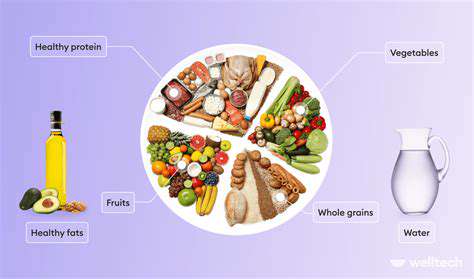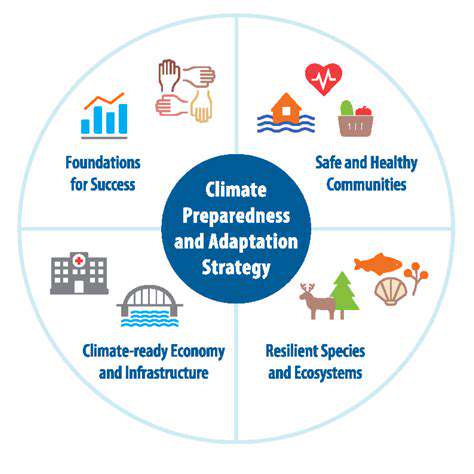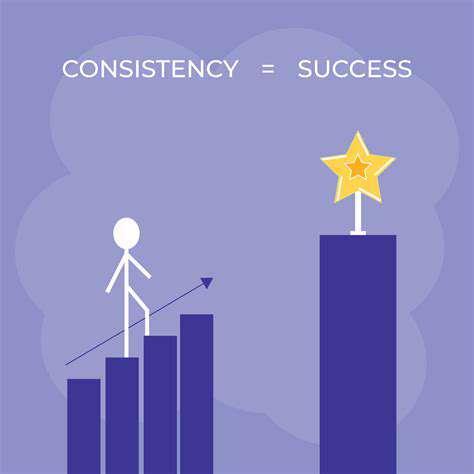Gardening for Mental Well Being in Older Adults

Practical Tips for Gardening Success
Planning Your Garden
Careful planning is crucial for a successful garden, especially for older adults. Consider your physical limitations and choose a location that's easily accessible and well-lit. Think about the types of plants you enjoy and research their specific needs, including sunlight requirements, watering schedules, and potential pest vulnerabilities. A well-planned garden layout can significantly reduce stress and frustration throughout the growing season, ensuring a more enjoyable experience.
Creating a detailed garden plan, including a map of your plot, will help you visualize the placement of different plants. Consider incorporating raised beds for easier access and maintenance. This pre-emptive planning phase is vital to establishing a garden that truly supports your mental well-being by reducing the potential for frustration and allowing you to focus on the rewarding aspects of gardening.
Choosing the Right Plants
Selecting plants that are appropriate for your climate and the amount of sunlight your garden receives is essential for success. Look for low-maintenance options that require minimal upkeep. Consider plants that produce edible crops, as harvesting your own food can be a very rewarding and therapeutic experience. This can be a great way to incorporate healthy eating into your daily routine and reap the benefits of fresh, homegrown produce.
Consider the aesthetic appeal of the plants, too. Choose flowers and plants that bring you joy and add beauty to your outdoor space. A visually appealing garden can be a source of joy and relaxation, enhancing your overall mental well-being. Additionally, consider plants with specific medicinal properties, if you are comfortable with that, to further enhance the garden's benefits.
Watering Strategies for Success
Watering is often the most challenging aspect of gardening, especially in unpredictable weather. Develop a consistent watering schedule that accounts for your specific climate and the needs of your chosen plants. Deep watering less frequently is often more beneficial than shallow watering more often. Understanding the water needs of different plants will help you to effectively hydrate them without overwatering or underwatering, which can both negatively impact the health of your garden.
Pest and Disease Control
Knowing how to effectively prevent and manage pests and diseases is important for a successful garden. Implementing preventative measures, such as proper spacing between plants and choosing disease-resistant varieties, can significantly reduce the risk of infestations. Early detection and treatment of any issues are key to preserving your garden's health and preventing widespread damage. Organic pest control methods are often gentler on the environment and your well-being, promoting a more holistic approach to gardening.
Soil Health and Enrichment
Healthy soil is the foundation of a thriving garden. Understanding the specific needs of your soil type is crucial for optimal plant growth. Adding compost, manure, or other organic matter can enrich the soil, improving its structure and fertility. Proper soil preparation not only ensures healthier plants but also reduces the need for chemical fertilizers, which can be harmful to both the environment and your health. Good soil health contributes directly to a thriving garden, which in turn contributes to a positive mental state.
Maintaining Your Garden
Regular maintenance is essential for keeping your garden in good condition. This includes weeding, deadheading flowers, pruning plants, and monitoring for pests or diseases. Taking time each week to maintain your garden will keep it healthy and looking its best. Regular maintenance tasks will not only keep your garden looking great but also contribute to a sense of accomplishment and pride, positively impacting your mental well-being. It’s important to schedule these tasks in a way that accommodates your physical abilities and energy levels.











